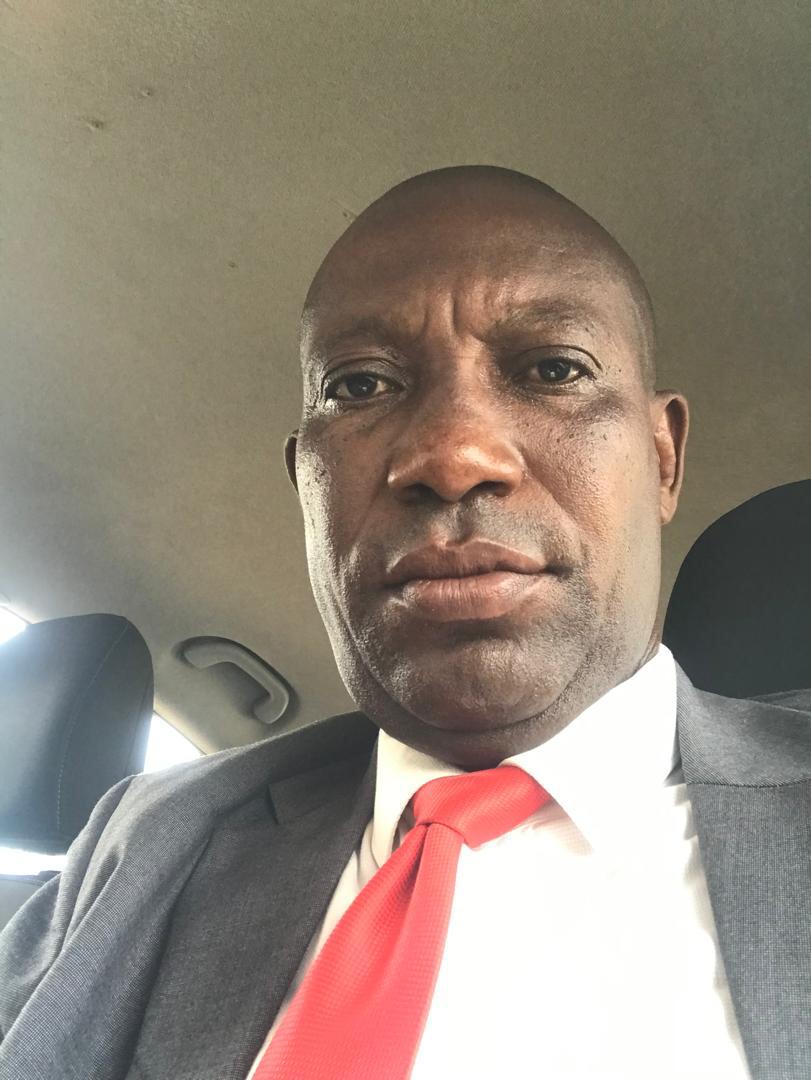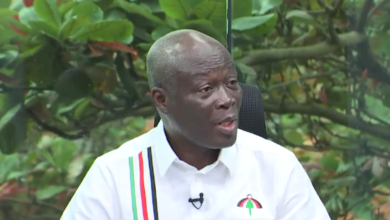The Bank of Ghana recorded a loss of GH₵10.50 billion for the financial year ending 2023.
This loss was mainly due to a substantial increase in total interest expenses on open market operations by the Central Bank.
These expenses on open market operations rose by GH₵6.7 billion during the period under review.
The increase in the expenses the bank says was incurred due to the need to manage excess liquidity in the economy and support the disinflation process as part of the broader macroeconomic adjustment programme.
Reasons for the NPP’s Borrowing
- Financing Infrastructure Projects:
The NPP government has undertaken several ambitious infrastructure projects in energy, transportation, and healthcare, necessitating significant funding. - Social Programs:
Various social intervention programs like Free SHS and the Nation Builders’ Corps require substantial budget allocations. - Addressing Debt:
Inherited from previous administrations, the NPP government is borrowing to service existing debts and avoid a sovereign default. - Stabilizing the Economy:
During economic downturns or emergencies, borrowing is used to stimulate growth and provide fiscal relief. - Foreign Exchange Reserves:
Borrowing increases the country’s foreign exchange reserves, crucial for managing currency fluctuations and supporting imports.
Total Debt to Development Banks
As of December 2023, the NPP government’s debt to development banks in Ghana is estimated at USD 12 billion or about 192 billion Ghana Cedi. This includes loans from institutions such as the World Bank, AfDB, IMF, JICA, and China Development Bank.
While borrowing can be necessary, managing debt sustainably is crucial to avoid negative economic consequences.
NPP’s Debt to Commercial Banks in Ghana
As of December 2022, the NPP owes approximately $1.3 billion to commercial banks in Ghana. This debt has accumulated due to various factors including government subsidies shortfalls, delays in oil revenue, high operational costs, and mismanagement.
Yearly Accumulation:
Year Accumulated Debt in Dollars
2016 $2.2 billion
2017 $2.6 billion
2018 $3.0 billion
2019 $3.4 billion
2020 $3.8 billion
2021 $4.2 billion
2022 $4.6 billion
2023 $5.0 billion
2024 $5.4 billion
Total: $34.2 billion (Approximately GHS 547.2 billion)
The government is working to restructure NPP’s debt to ensure its long-term sustainability, including extending maturity, reducing interest rates, converting debt into equity, and issuing new bonds.
Reasons for Alleged Reluctance to Complete NDC Projects
The NPP government has been accused of hesitating to complete projects initiated by the NDC for several reasons:
Political Motivation: Completing NDC projects may politically benefit the opposition, potentially undermining the NPP’s credibility.
Differences in Priorities: The NPP may prioritize different projects aligned with its policy agenda.
Financial Constraints: Limited resources may hinder the completion of all NDC projects.
Corruption and Mismanagement: Allegations of irregularities in NDC projects may lead to reluctance to complete them without audits.
Lack of Expertise or Capacity: Technical challenges may hinder efficient project completion.
Change in Policies and Procedures: New policies may affect project coordination and implementation.
Preference for New Projects: The NPP may prefer investing in new projects aligned with its priorities.
These reasons are complex and may not fully reflect the decision-making process.
In another vein, as of December 31, 2023, the Bank of Ghana and its subsidiaries had total liabilities exceeding total assets by GH₵65.36 billion.
The total operating expenses for 2023 were GH₵19.2 billion, a notable decline from the GH₵ 66.9 billion recorded in 2022 – attributed to lower impairment charges on loans and advances and the Bank’s holdings of Government of Ghana securities
This GH₵10.50billion loss is however a significant improvement compared to the GHS 60.9 billion loss the Central Bank posted in 2022 following the impairment of its holdings of marketable government stocks and non-marketable instruments during the domestic debt exchange programme.
The Bank of Ghana further explains that “this Open Market Operations activity, which accounted for a significant portion of the loss incurred yielded positive results”
“The aggressive mopping up operations, contributed to slowing down inflation to 23.2 per cent by the end of 2023, significantly down from the rate of 54.1 per cent at the end of 2022”, the Bank of Ghana’s 2023 Annual Report and Financial Statement disclosed.
Per the report, no amount was set aside for reserve appropriation as the reserve amount was in deficit as at 31 December 2023.
The Central Bank was quick to add a note of policy solvency highlighting its ability to generate enough realised income to cover costs associated with the conduct of monetary policy operations.
In the view of the Board of Directors and Management, the policy solvency outcome for 2023 is consistent with the view held in 2022.
The report said, the Bank will continue to operate efficiently and effectively on a going concern basis and achieve its policy mandates, despite the significant loss recorded at the time.
The Bank’s directors did not recommend the payment of dividends for the period.
Proposals to return to positive equity
To ensure a recovery and build-back of a positive equity position within the medium to long term, the Board of Directors have resolved to take the following actionable steps:
- Refraining from monetary financing of the Government of Ghana’s budget. In this regard, the Bank will continue to adhere to the terms of the Memorandum of Understanding on zero financing of the budget signed between the Bank of Ghana and the Ministry of Finance on 26 April 2023.
- Continuing with policy measures aimed at optimising Bank of Ghana’s investment portfolio and operating cost mix to bolster efficiency and profitability; and
- Signing a Memorandum of Understanding to secure early recapitalisation of the Bank of Ghana in the medium-to- long term. Within the context of the second review of the ongoing IMF programme which concluded on April 12 2024, the impact of the Domestic Debt Exchange Program on the balance sheet of the Bank of Ghana was discussed extensively and broad consensus was reached amongst the Ministry of Finance, the Bank of Ghana and the IMF on early recapitalisation of the Bank of Ghana. A Memorandum of Understanding between the Bank of Ghana and the Ministry of Finance on how the recapitalisation is to be executed is expected to be signed by the end of the third quarter.




